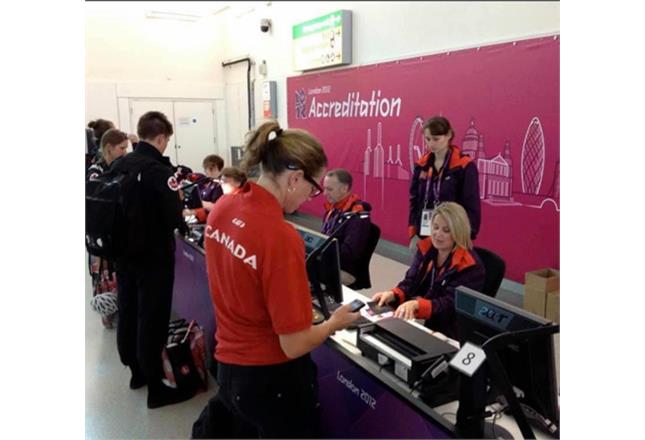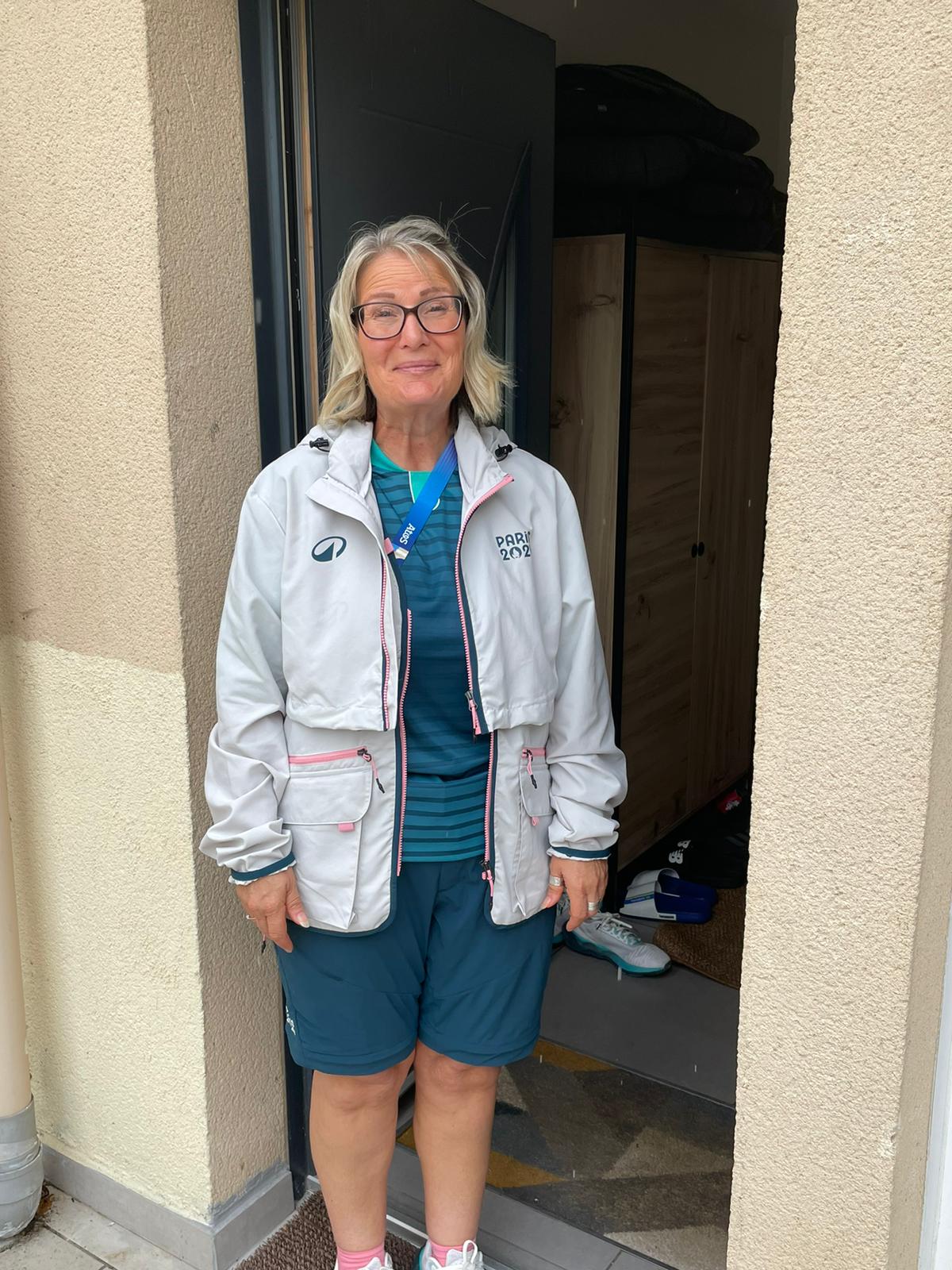
Following the success of the Olympics and the Paralympics, the Alliance was lucky enough to speak with Liz Stainthorpe, manager of the Games Maker Choir and dedicated volunteer. Below, Liz talks to her experience of volunteering in the sports sector, why she loves it and the future of the voluntary sector.
I love sport. I always have. And I’ve been lucky enough to be close to it all through my working life.
So, in 2012 I volunteered for the London Olympics anticipating putting medals around Usain Bolt’s neck. The reality however was laminating accreditation passes at Heathrow Terminal 5.
But I loved it. It was no less exciting, and the feeling of being part of something bigger was amazing.
So, what happened to all those sports volunteers following that amazing summer of sport?
Well, I, along with many others continued to volunteer and have been part of World hockey, World athletics, International Cycling, Women’s Euro football, two Commonwealth Games and most recently another Olympics in Paris.

So, what’s changed? How do I feel about it now, 12 years on?
Well, I still love it.
However, I still believe that there are misconceptions about not the role of volunteers and the value they add. The type of fellow volunteers I now encounter are a formidable rank and file of professionals who give their time willingly to every major event held on this shore and beyond.
The financial and marketing value of these cohorts is immense. Multi sports events simply could not operate without these armies of volunteers, and it is vital that we do not underestimate the volunteers of today. Each and every person who today hands an athlete a towel, or sits for long hours at a security gate, or makes sure coffee is available, is tomorrow possibly your dentist or heart surgeon or financial advisor.
The paid staff working alongside these volunteers have a responsibility to embrace them into the workforce to maximise their effectiveness; whilst treating them with deference and respect.
It’s an attitude, a learnt behaviour, a different sort of respect than working with colleagues in a traditional hierarchical organisation.
Don’t patronise. Please don’t adopt the lowest common denominator or the path of least resistance to train or communicate with the volunteer workforce. Of course, some may need a simpler approach, but a sliding scale and an acceptance that one size doesn’t fit all would go a long way.
Please don’t think they are any less worthy of the role than those that are paid to turn up. The volunteers choose to do it for no financial benefit.
Ask questions. Who are we? Where do we come from? What’s our experience? What’s our skill set? How best can we help you?
By doing this simple thing, your (paid) role could become much easier, as you allocate tasks and organise your team in a way that complements the people and skills you have.
For all those volunteers that you may see on the TV, there is an iceberg’s worth sitting in quiet corridors, guarding e bikes, keeping comfortable lounges clean and well stocked.
Never assume you know the reason why people are volunteering.
It usually isn’t because they are defunct sportsmen or women.
It usually isn’t because they are desperate to be close to famous athletes.
It usually isn’t because they have nothing better to do with their time or money.
It might be because they want to give back to a sport they love.
It might be because they want to fill their time with like minded people.
It might be that they are just altruistic people.
And it is definitely because they want to give their time and energy to help others for no return.
So, if you organise local, international, multi sports events consider training all of your paid staff about how to treat this amazing, valuable workforce in the same way as you treat and respect them. they are doing often boring and menial tasks for no financial reward, all in the desire to make your event brilliant.
Just because they stand patiently in a corridor in case something is needed, doesn’t mean they are subservient or beneath you. It means they are prepared to do that, while others aren’t. Utilise them considerately.
No longer are these people just retirees looking for something to do. They are very often highly qualified, capable, resourceful, experienced professionals who are prepared to give you, your organisation and your event the benefit of their vast and varied experience. So, get to know them and train your staff to utilise them in a way that feels as though they are part of the plan or project, not just a happy addition that you aren’t quite sure what to do with. You’ll reap the rewards.
We do it, not for praise or adulation or reward. We simply want to help.
At Budget 2025, the Government confirmed changes to the business rates system from 2026-27, including a new system of relief for Retail, Leisure and Hospitality (RHL) businesses.
Read moreThe Sport and Recreation Alliance was delighted to have launched the Reconomics 3.0 report in Parliament this week, outlining the immense economic, health and social value of outdoor recreation.
Read moreThe Sport and Recreation Alliance is delighted to confirm former Rugby Football League (RFL) CEO, Ralph Rimmer OBE, as the Chair and Jack Baker as Deputy Chair of the new NGB Coalition.
Read moreJoining the Sport and Recreation Alliance is pretty simple, but worthwhile!
Register now